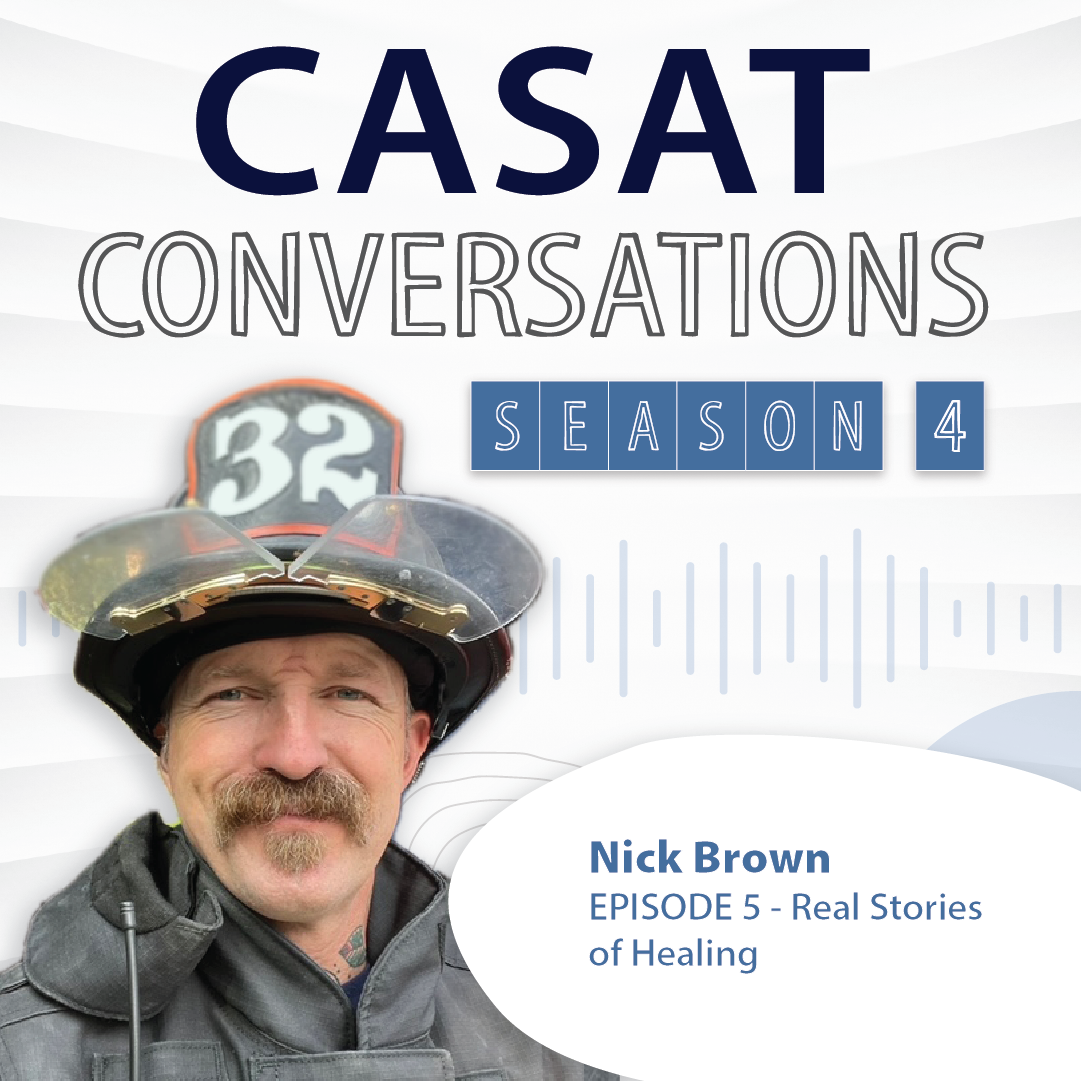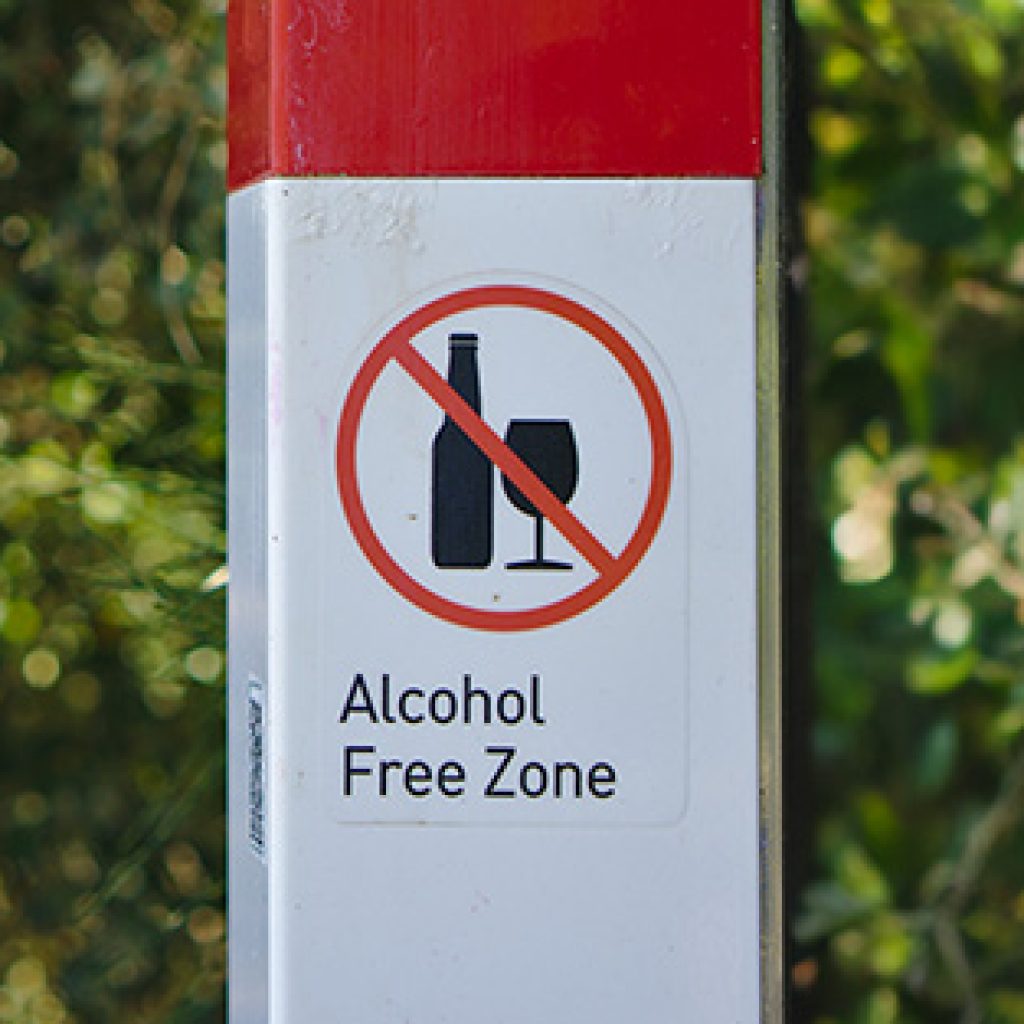The Value of Peer Support for First Responders
First responders are routinely exposed to traumatic workplace incidents, along with their own life stressors. According to SAMHSA, “High-stress scenarios, threat of personal injury, and inability of any single person to save everyone can take a toll.” Within their line of work, they are commonly responding to critical incidents (i.e., abuse, neglect, death, suicide). These events pose a significant risk for physical or psychological harm to the individual. Horan et al. (2021) describe critical incidents as being a routine part of the job, with 60% of police officers reporting being involved in five or more critical incidents within the last year, and 75% reporting a critical incident in the last month. Further, 90% of firefighters reported a critical incident over the year, with an average of 6 over the course of a year. As a result of the high exposure to traumatic events, first responders may be at higher risk for developing symptoms of anxiety, depression, substance use disorders, post-traumatic stress disorder, as well as suicidal ideation/attempts at a rate higher than the general population.
With a high risk for mental health concerns, several efforts have been made to address the effects of the work. Efforts include critical incident debriefing, programs to promote healthy lifestyle, and clinical treatments through EAP or embedded clinicians within organizations. Horan et al. (2021) describes that a primary challenge within these models is that the first responder has to first seek mental health treatment, which ultimately depends on treatment-seeking behavior. Since first responder culture tends to value mental toughness, seeking mental health treatment has historically been perceived as a weakness or failure. For example, in a large representative sample, 60% of first responders reported a need for care with less than half of those seeking treatment due to stigma.
Some identified barriers to seeking mental health treatment include:
- Lack of time
- Lack of trust in providers
- Perceived or experienced stigma related to seeking help
- Not wanting to appear week
- Not wanting to be treated different by peers and leaders
- Not wanting to receive career repercussions
While the need is well documented, effective strategies for supporting mental health continue to be of concern. One of the most important evidence-based tools to support first responders’ mental health are peer support teams. Peer supporters are trained members of the agency who seek out and talk with other peers about behavioral health concerns and connect members with helpful services. Peer supporters help their peers cope after a major critical incident, lower stigma associated with seeking mental health treatment, and help build a culture of care and concern. Peer supporters share similar work experiences and can provide a safe space to discuss challenges. Lastly, peers help to model healthy behaviors and share information about sources of support.
Peer support is an umbrella term that includes a wide range of care. Peer support can include crisis intervention after a critical incident or can take place at any time a peer is struggling. A peer support team member is different from any other colleagues, in that they have been trained in basic mental health, and they are supported by a mental health clinician so that they provide appropriate assistance within their scope and know when to refer to a behavioral health provider.
There are several important skills for a peer support team member to embody. These include:
![]()
Active listening skills
![]()
Ability to establish trust and rapport
![]()
Maintain confidentiality
![]()
Exhibit compassion and empathy
![]()
Capacity for having uncomfortable conversations
![]()
Strong self-care routine/practices
Peer support team members are not immune from experiencing mental health challenges, and in fact may be at risk for additional challenges if they too don’t have the support they need. These risks can include:
- Burnout
- Vicarious trauma
- Compassion fatigue
- Potential negative impact on job/personal life
Studies that have investigated the benefits of peer support and have found that peer support can help with the following:
- When utilized in conjunction with incident debriefing, peer support can help a person process both the facts of the event and any emotional reactions after a critical incident.
- Peer support can help people better cope with organizational stressors (i.e., lack of organizational support, staffing issues, politics, and bureaucracy). Donovan (2022) describes organizational stressors as having the potential to create more trauma symptoms for first responders than the traumatic experiences they witness on operational duty.
- Provides social support and increases the use of positive coping strategies. Peer support has been associated with an increase in team cohesion, and positive relationships at work.
- Encourages psychological safety among peers. It gives the first responder a safe and confidential space to share what they are experiencing and may help foster post traumatic growth.
As we look at ways to support first responders, peer support is an integral and viable piece of the puzzle. Peer support is an important way to help breakdown stigma associated with the mental and bridge the gap between needing and seeking treatment.
Ready to Learn More:
 Listen to Season 4 of CASAT Conversations. Season 4 delves into the topic of secondary and vicarious trauma experienced by people who work in the field of human services. You’ll hear from researchers, authors, clinicians, and people with lived experience who share about the importance of this topic, along with ways to care for yourself, and the value of having a community of support. In each conversation, we hope you find a nugget of information that will support you in the work you do. Listen to episode 5 today! In episode 5, you’ll hear from Nick Brown, a veteran, paramedic, firefighter, and peer support specialist. Nick shares his personal journey with PTSD, addiction, and emotional violence, along with his path to healing.
Listen to Season 4 of CASAT Conversations. Season 4 delves into the topic of secondary and vicarious trauma experienced by people who work in the field of human services. You’ll hear from researchers, authors, clinicians, and people with lived experience who share about the importance of this topic, along with ways to care for yourself, and the value of having a community of support. In each conversation, we hope you find a nugget of information that will support you in the work you do. Listen to episode 5 today! In episode 5, you’ll hear from Nick Brown, a veteran, paramedic, firefighter, and peer support specialist. Nick shares his personal journey with PTSD, addiction, and emotional violence, along with his path to healing.
Other Related Resources:
- Peer Support Guidelines
- International Critical Incident Stress Foundation
- International Association of Firefighters Peer Support Training
- SAMHSA Responder Peer Support
- NAMI Public Safety Professionals
- Mental Health First Aid for Public Safety
- Center for Firefighter Behavioral Health
- The International Association of Chiefs of Police Peer Support Guidelines
- ResponderRel8
- Peer Support: Don’t Make It Weird
- Nevada Peer Support Network
References
Creamer, M. C., Varker, T., Bisson, J., Darte, K., Greenberg, N., Lau, W., Moreton , G., O’Donnel, Richardson, D., Ruzek, J., Watson, P., & Forbes, D. (2012). Staff Support in the Healthcare Setting Guidelines for Peer Support in High-Risk Organizations: An Internal Consensus Study Using the Delphi Method. International Crisis Incident Stress Foundation, Inc. . Retrieved December 29, 2022, from https://icisf.org/wp-content/uploads/2020/04/Staff-Support-in-the-Healthcare-Setting.pdf
Donovan. (2022). Peer support facilitates post-traumatic growth in first responders: A literature review. Trauma, 24(4), 277–285. https://doi.org/10.1177/14604086221079441
Feuer. (2021). First Responder Peer Support: An Evidence-Informed Approach. Journal of Police and Criminal Psychology, 36(3), 365–371. https://doi.org/10.1007/s11896-020-09420-z
Horan, Marks, M., Ruiz, J., Bowers, C., & Cunningham, A. (2021). Here for My Peer: The Future of First Responder Mental Health. International Journal of Environmental Research and Public Health, 18(21), 11097–. https://doi.org/10.3390/ijerph182111097
SAMHSA. (2022). Responder Peer Support. SAMHSA. Retrieved December 28, 2022, from https://www.samhsa.gov/dtac/disaster-responders/peer-support
Blog Post Tags:
Related Blog Posts
Related Learning Labs
Related Resources
.
- Buscar Tratamiento de Calidad para Trastornos de uso de Sustancia (Finding Quality Treatment for Substance Use Disorders Spanish Version)
- Finding Quality Treatment for Substance Use Disorders
- Focus On Prevention: Strategies and Programs to Prevent Substance Use
- Monthly Variation in Substance Use Initiation Among Full-Time College Students
- The National Survey on Drug Use and Health (NSDUH) Report: Monthly Variation in Substance Use Initiation Among Adolescents









Your article is a perfect article without a hitch. Thank you. My site: online gambling in the philippines
I am interested to continue to read and follow along